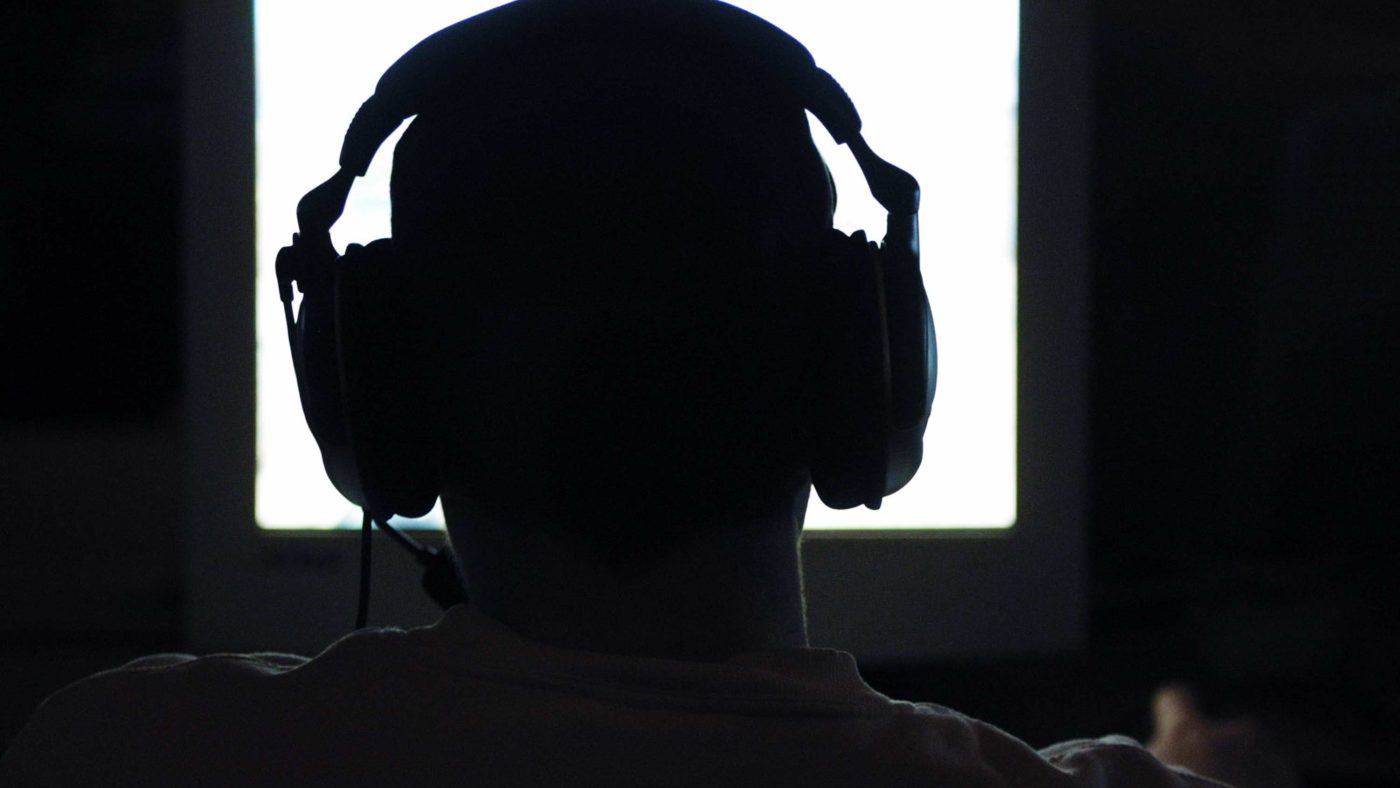That bearded nutters wish to kill us in our pubs is clearly true. That we British invented the very concepts of civil liberty and the rule of law is almost as true. Recent events have led to a certain tension between these two facts, and sadly the entire establishment seems to be coming down on the wrong side of it.
The Whig view of history, that it’s a one-way climb to ever greater perfection led by the English, is of course wrong. But along the way some things were got right, like those freedom and liberty issues. And simply because there’s one more grouping who wants to deny us them is no reason to abandon them ourselves.
And this is where the cries for internet censorship are getting it wrong. Theresa May has told us that extremists must have no “safe spaces” online and that people who post extremist content should be blocked from social media. Karen Bradley, meanwhile, insists that extremist content can be blocked in the same way tech companies have dealt with child pornography.
Amber Rudd, showing a certain lack of understanding of technological issues, has asked that the use of end to end encryption be limited (hint to Ms Rudd, it’s the users who decide this, not the platforms). The Daily Mail, of course, is frothing at the idea that people should be allowed to talk about kuffars and the like in videos.
The thing is: people are allowed to. Just as encryption is entirely legal, so is holding any number of odd and even vile views. You are free to muse, as Peter Singer does, on the desirability of post-birth abortion, or the evil of those who don’t mourn an early miscarriage. You can, as the wilder corners of Momentum do, call for the elimination of the bourgeoisie as a class. You can, as Gregory the Great did, as I’ve personally heard Basil of Westminster do, call for the conversion of England, as many online are doing today.
Because here lies the cornerstone of liberty. Certainly, free speech is not unlimited, there’s that fire in a crowded theatre, libel, the incitement to immediate violence. People really are, and should be, allowed to call for all to be Muslim, and they’re not allowed to shout that this one must be killed and now.
Which brings us to the rule of law. We can, indeed, make certain phrases or arguments illegal. But the point about the rule of law is that all are equal before it. The prohibition upon and making a crime of incitement to immediate violence applies to the extremist preacher, whether Paisley or Imam, just as much to the thug urging the boys on in a good kicking.
So it must be with whatever restrictions are placed upon speech in any form. To demand that extremism cannot be allowed online is to deny that very rule of law. If it is legal to say it from a pulpit then it’s legal to say it on YouTube. If Hyde Park Corner or the Morning Star are acceptable outlets then so is Twitter.
And this is before we get to the idea of what constitutes “extremism”. This is bound to morph from “let’s ban people calling for killing”, to “let’s ban all the things that the people defining extremism think is a bad idea”. We saw the same thing happen with child pornography: it morphed from the obviously acceptable ban upon portraying child rape to it now being illegal for a 17-year-old to send an image of her naked breasts to the boyfriend who had seen them in the flesh 20 minutes earlier.
It is the sticks and stones that can and should be controlled, not the name-calling and free speech which is already subject to general provisos. At this rate, any definition of “extremism” is going to include calls for the conversion of the heathen – which is our last Archbishop of Westminster but two in trouble.
It took us many centuries, a lot of effort and much expended blood and gore to get to this place where we are free – at liberty and ruled by the law, not the whims of people nor the rage of the mob. That we have those who would snatch them from us worries me far less than what our rulers will do to us and our liberty in the name of protecting us from those bearded nutters.


